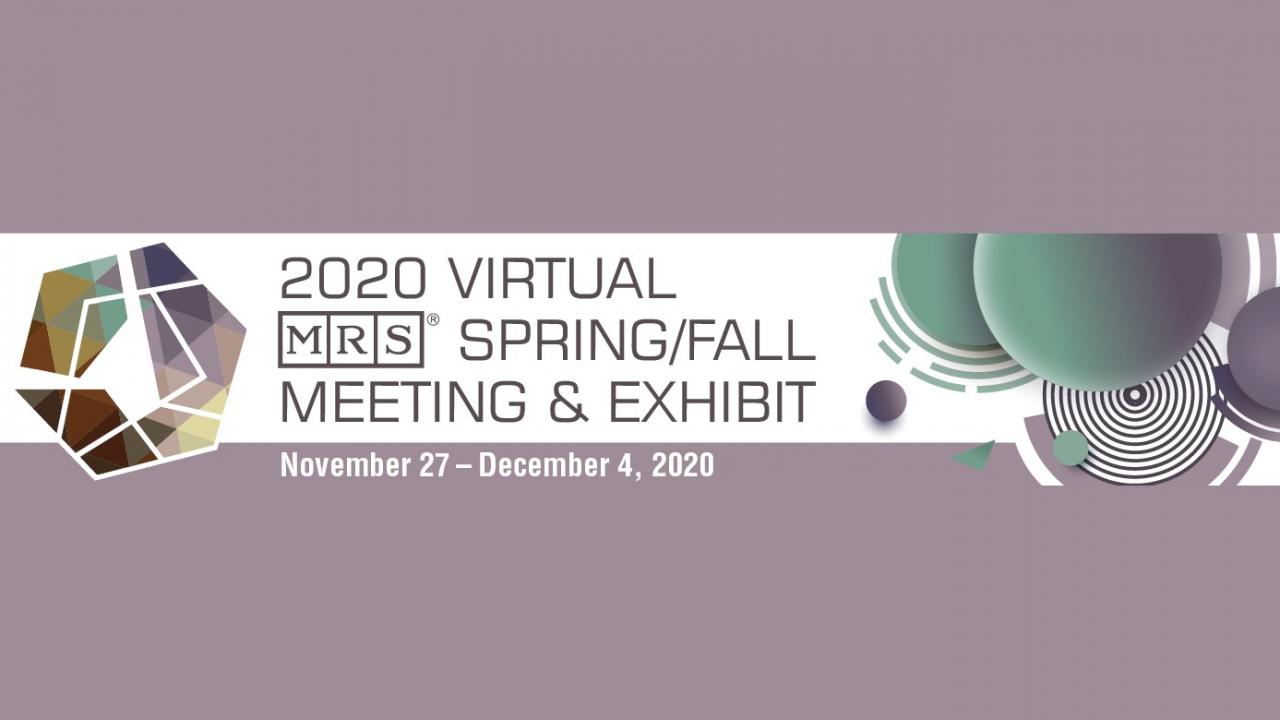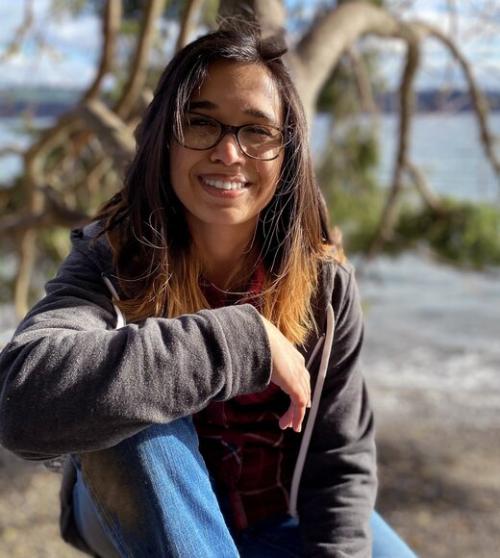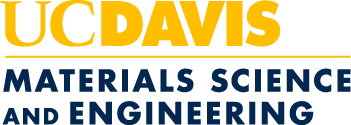
Ph.D. Student Meghna Srivastava wins best poster awards at 2020 MRS Conference
Materials science and engineering Ph.D. student Meghna Srivastava received two best poster awards for her work at the virtual 2020 Materials Research Society (MRS) Spring/Fall Meeting and Exhibit. Her poster “Machine Learning Framework for Accelerated Development of Halide Perovskites” was named one of three best posters in the “Frontiers of Halide Perovskites” symposium and one of twenty best posters conference-wide.
“I am extremely honored and grateful for this recognition, and I’m hoping that it draws more attention to the work that we’re doing in the Leite Lab,” she said.

Srivastava, who is part of associate professor Marina Leite’s lab, is studying halide perovskites, a promising but unstable class of materials for next-generation solar cells. Though they offer an inexpensive and efficient alternative to conventional silicon cells, halide perovskites degrade quickly in the presence of environmental factors like heat and humidity, so the goal is to identify materials that are durable long-term.
Testing this in the lab, however, is difficult and time-consuming, so Srivastava and Leite think a solution lies with machine learning. Their goal is to develop an algorithm that can use easily-acquired experimental data to predict the materials’ long-term behavior, possible degradation and how they will respond to different environmental conditions.
Her work featured in the poster took the first steps toward making that a reality by developing a machine learning framework for perovskite researchers. It gave an overview on experimental methods to collect data, how to train the model and set parameters, and how to apply the trained algorithm for compositional screening, synthesis and stability analysis and full device development and testing.
With this technology, researchers can more easily study perovskite degradation and accelerate the development of stable and reliable next-generation solar cells. Srivastava hopes her work will serve as a roadmap for researchers looking to apply similar techniques in the future, and as a starting point for further development.
“Machine learning and data science are extremely powerful tools that are being used increasingly in materials science and chemistry, and I’m really excited to be part of that push,” she said. “They have the potential to rewrite our whole idea of how we do scientific research—to make it more rational, less resource-intensive and faster-paced.”
The MRS conference is one of the most prominent conference in materials science and engineering. It brings together researchers around the world to share their work and network with others in their field.
The poster was co-authored by Leite, postdoctoral scholar Tao Gong and John Howard from the University of Maryland – College Park.
